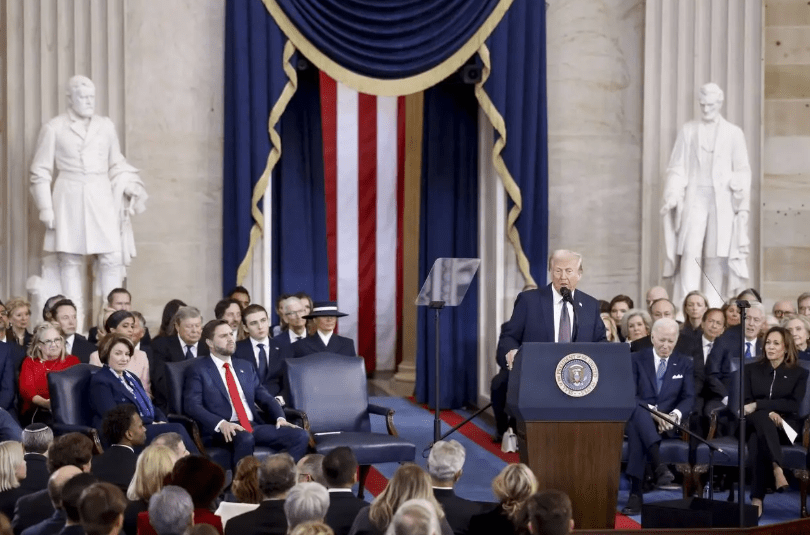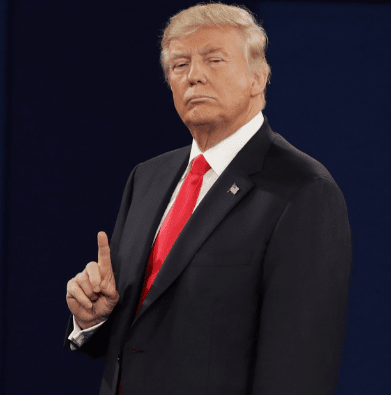White House Crypto Policy Report: An On-Chain Breakthrough of Dollar Hegemony
The 'Genius Act' signed by Trump erects a triple iron curtain for stablecoins: 100% dollar/Treasury reserves, monthly audit disclosures, and strict prohibition on paying interest. Algorithmic stablecoins are completely banned, and issuers with scales over $10 billion are directly managed by the Federal Reserve, while small players are monitored by state governments.

The global $247 billion stablecoin market faces reshuffling—Tether is under $8 billion in Bitcoin sell-off pressure, while Circle leaps to become the biggest winner with $43 billion in Treasury reserves.
The On-Chain Lifeline of Dollar Hegemony
The bill requires that for every dollar of stablecoin issued, an equivalent amount of U.S. Treasuries must be held. White House advisor Sachs bluntly stated, 'This will create trillions of dollars in Treasury demand overnight.'
When Argentine homemakers buy bread with USDT and African merchants use USDC for cross-border settlements, these on-chain flows effectively build a new moat for dollar hegemony. More subtly, the simultaneous introduction of the 'Anti-CBDC Act' transfers the issuance rights of digital dollars to private giants in the name of privacy protection.
The Blitzkrieg of Traditional Giants
BlackRock heavily bets on Circle, JPMorgan launches JPM Coin to facilitate cross-border settlement, and Visa's quarterly stablecoin settlement volume exceeds $28 billion.

Amazon's secretly developed payment system, Amazon Coin, has entered the stress testing phase, while Coinbase, leveraging its compliant custody license, is transforming into the 'on-chain Federal Reserve.' Real World Assets (RWA) have become the new battlefield, with Boston Consulting predicting that the RWA market will exceed $16 trillion by 2030.
The Pending On-Chain Nuclear Flashpoint
Will Tether's Bitcoin liquidation trigger a market flash crash? Can traditional banks like JPMorgan reclaim 30% of the stablecoin market share? After the implementation of Hong Kong (stablecoin regulations), will offshore RMB stablecoins challenge the dominance of the dollar? The warnings from the Bank for International Settlements still echo: stablecoins lacking central bank backing are ultimately dangerous substitutes.
History is rhyming—The relaxation of internet policies in 1995 gave birth to Amazon, and the crypto regulation in 2025 may reshape the genetic chain of global asset flows.
#RWA赛道
Final question: Do you want to be a lifelong 'retail investor' or focus on becoming the next wealthy fan of 'convergence'?—When choosing, the candlestick is watching you.
$BTC